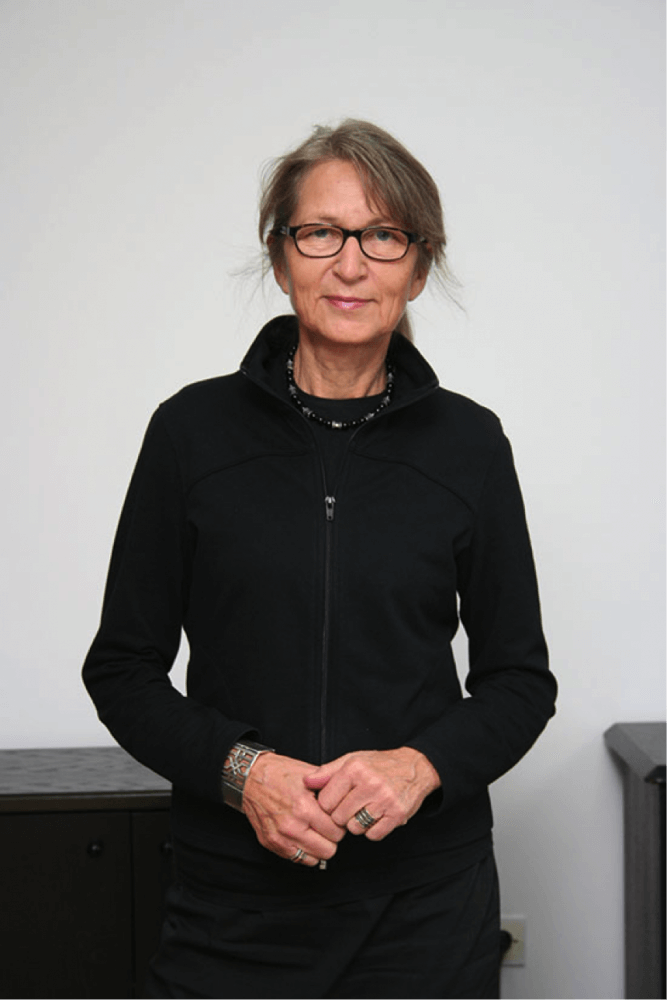Turkish Friday Sermons. Diyanet and the Construction of National Identity
Webinar with professor Elisabeth Özdalga.
 Turkey holds a unique place in the Muslim world when it comes to centralisation and state control of religious life. This is closely connected to its rigid implementation of secularism, or laicism, which since 1928 has been written into the Turkish constitution (Article 2). Less secular-oriented states, such as Egypt and Jordan, have over the years entered a similar path, but at a more gradual and hesitant pace. In the less centralised, federal-like states of South East Asia, Indonesia and Malaysia, where the population is ethnically and religiously more heterogeneous (still, Indonesia is home to the world's largest Muslim population), the Islamic upswing gaining momentum during the 1980s has been carried by organised ‘civil Islam’, rather than by the state. The ambition of the official authorities in these countries has been to control, but not to organise, religious life. So, compared to many other Muslim countries Turkey offers a precursory example of the social and political dynamics – and predicaments – involved in having religion organised by a strictly secular and centralised state. The fact that the pro-Islamic Justice and Development Party (Adalet ve Kalkınma Partisi, AKP) assumed office in 2002, and has gradually turned increasingly Islam-oriented and authoritarian, did not alter the state's centralistic and, as far as the constitution goes, secular character.
Turkey holds a unique place in the Muslim world when it comes to centralisation and state control of religious life. This is closely connected to its rigid implementation of secularism, or laicism, which since 1928 has been written into the Turkish constitution (Article 2). Less secular-oriented states, such as Egypt and Jordan, have over the years entered a similar path, but at a more gradual and hesitant pace. In the less centralised, federal-like states of South East Asia, Indonesia and Malaysia, where the population is ethnically and religiously more heterogeneous (still, Indonesia is home to the world's largest Muslim population), the Islamic upswing gaining momentum during the 1980s has been carried by organised ‘civil Islam’, rather than by the state. The ambition of the official authorities in these countries has been to control, but not to organise, religious life. So, compared to many other Muslim countries Turkey offers a precursory example of the social and political dynamics – and predicaments – involved in having religion organised by a strictly secular and centralised state. The fact that the pro-Islamic Justice and Development Party (Adalet ve Kalkınma Partisi, AKP) assumed office in 2002, and has gradually turned increasingly Islam-oriented and authoritarian, did not alter the state's centralistic and, as far as the constitution goes, secular character.

This presentation offers an outline of Turkey's century-long experience of official Islam with special emphasis on Friday sermons. It does so by focusing on the Directorate of Religious Affairs, Diyanet, the institution entrusted to implement such a programme; the media used for the distribution of official hutbes; and the conveyed messages, that is, the textual aspects of this particular kind of Muslim homiletics.
In January 2022 Professor Özdalga will publish her monograph Pulpit, Mosque and Nation. Turkish Friday Sermons as Text and Ritual with Edinburgh University Press
